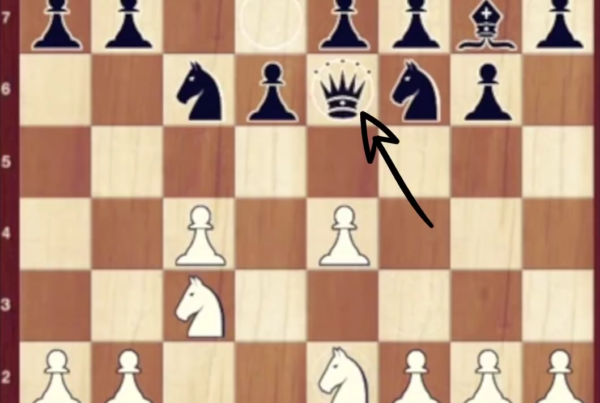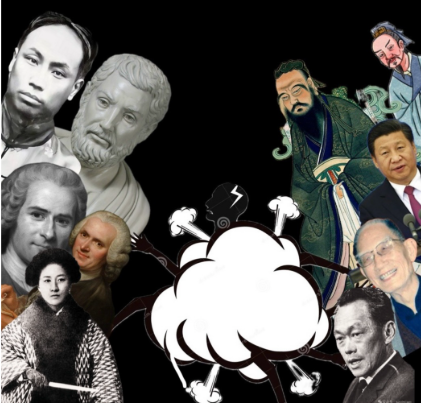With his article “The Foal and the Roll of Honour’s Right to Annihilation,” Cain Hillier won The Sundial Press X Rostra Economica writing competition that aimed to publish a thought-provoking think piece on the merits of public perception and the enormous value placed on non-violence in protests. The prompt for the competition was the following:
“Can the hungry go on a hunger strike? Non-violence is a piece of theatre, You need an audience. What can you do when you have no audience? People have the right to resist annihilation —Arundhati Roy
By Cain Hillier
A few times a footy season, on violent nights in Glasgow, the Old Firm derby between Celtic and Rangers takes place at Paradise. It’s a hotbed of sectarians, Catholics, and Protestants in wintery Stone-Island church gear, holding cheap beers that turn fingers grenadine red. The Glaswegian police ban many songs for their offensive rhymes to dead players and past crimes, but when they’re cocky, the home-ground ultras will belt out rebel songs that turn their throats to razor blades, and the one that always sticks with me is the rebel’s Roll of Honour.
In those dreary H-Block cages
Ten brave young Irishmen lay
Hungering for justice, while their young lives ebbed away
For their rights as Irish soldiers and to free their native land
They stood beside their leader, the gallant Bobby Sands
Arundhati Roy speaks for the right to resist annihilation, but what about the right to annihilate? In the 1981 Irish Hunger Strike, Robert Gerard “Bobby” Sands and his ten men, all paramilitary, starved themselves to death in the H-Block of Belfast’s Maze Prison.
In 1976, the British Government removed the Prisoner-of-War status from the nationalist paramilitaries of Ireland, demanding that the interned wear the prescribed prison uniform and do labour in the workshops. In response, the men made five demands:
- the right not to wear a prison uniform;
- the right not to do prison work;
- the right of free association with other prisoners, and to organise educational and recreational pursuits;
- the right to one visit, one letter and one parcel per week;
- full restoration of remission lost through the protests.
They dressed in blankets only and tossed aside their bedsheets. But with no guns, no streets, no flares, the only theatre of protest – the only place to march – was from one side of the cell to the other. So, in a grim game of “yes, and-” improv with the guards, the prisoners debased themselves further, away from mere robbers, thugs, and other violent figures and back towards their honour. In the “dirty protest,” prisoners couldn’t leave their cells to empty their chamber pots, and so escalated to smearing their walls with poo, piss, and vomit, self-shitting-immolation back towards salvation. As Pat MacGeown recounted: “There were times when you would vomit. There were times when you were so run down that you would lie for days and not do anything with the maggots crawling all over you.”
As we can see, this form of nonviolent protest, aside from being an assault on the senses, forces an audience, as it takes all that denotes one as a standing member of society, clothes, hygiene, even the acceptance of your imprisonment, and puts it in the proverbial chamber pot. But still, the British Government would not budge, and starvation began.
Bobby Sands started and ended first; he lasted 66 days. Through nakedness, excrement, the wasting away of ligament, tendons, and marrow Bobby Sands and his men were not recognised. And so Bobby went on the ballot. On 9 April 1981, whilst confined to his prison cell, having gone 30 odd days without feed, Bobby Sands became the independent member for Fermanagh and South Tyrone and the youngest member of the British Houses of Parliament. He would never take his seat. Nonetheless, this neat parlour trick brought the theatre to him, and four out of five demands were met, with the fifth, the abolition of prison work, by 1983.
This election’s impact on the public perception of this protest is evident. If you search the name of Bobby Sands on Google, you will not see “Bobby Sands, Prisoner,” or “Bobby Sands, smeared excrement on his prison wall,” or even “Bobby Sands, died weighing 44 kilograms.”
You will see “Bobby Sands, Former Member of Parliament of the United Kingdom.”
In 2015, a German fan was arrested at Parkhead stadium under the Offensive Behaviour at Football and Threatening Communications Act, a stunning title if I’ve ever heard one. The Roll of Honour, which he was singing, is considered offensive and maybe rightfully so for its ties to the IRA. But whether the martyrdom of these young prisoners fills you with sectarian outrage, a listless sense of tragedy or some slash of determination, you have reacted to their theatre. Their story, however many misdemeanour offences it may incur, is carried from drunken throats and frosty breath into the vile Glaswegian night. It’s taken over the city, across the Irish Sea, and back towards the lights of Belfast.
In the 2008 film Hunger by Steve McQueen, Michael Fassbender plays an emaciated Bobby Sands, who recounts the story of the foal.
“And he’s breathing; he’s alive but just about…
So it’s clear to me in an instant
And I’m down on my knees
And I take the foal’s head in my hands
And I put him under the water
I knew I did the right thing by that wee foal.”
Other posts that may interest you:
Discover more from The Sundial Press
Subscribe to get the latest posts sent to your email.





